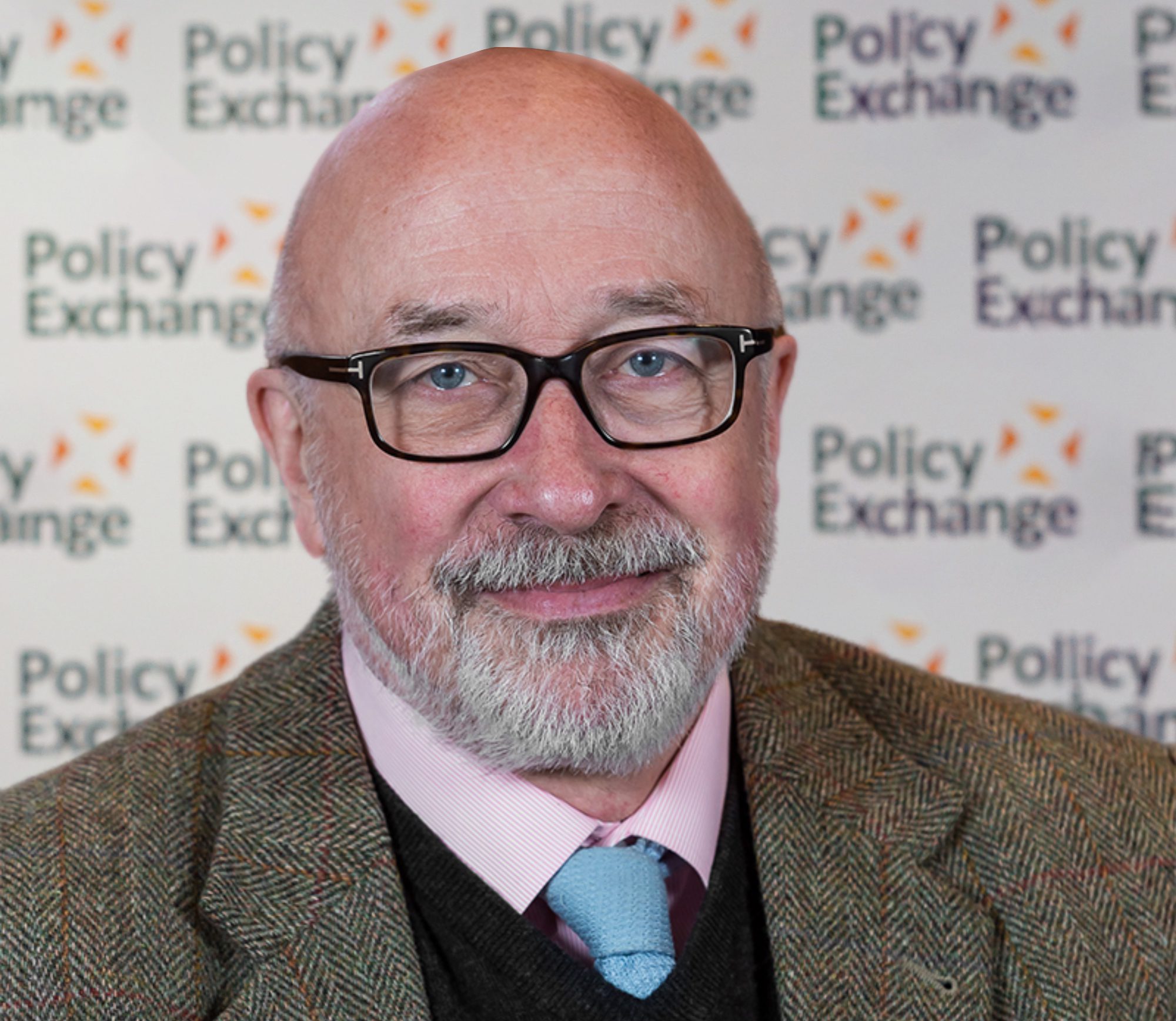The German debate on Islamism continues, as demonstrated by the publication yesterday (Sunday 7 February) by the Frankfurter Allgemeine Zeitung of an interesting interview with Lorenzo Vidino, the author of The New Muslim Brotherhood in the West and other books and articles about Islamism in Europe and the United States. Vidino is also the Director of the Extremism Programme at George Washington University, and an adviser to the Observatory on Political Islam recently established in Vienna. The interview was conducted by Christian Meier and the main focus was the nature and influence of Islamist groups in western societies – and the challenge these represent.
Vidino argues that there is a particular danger in what he calls “legalist Islamism”. Such groups, he says, seek to use existing legal and political systems to advance not just legitimate political goals but also, as Vidino describes it, to prepare the ground for a complete reshaping of society along lines prescribed by Islamist ideology. He sees this as running counter to individual equality before the law, gender equality, freedom of religion and other liberal freedoms. Vidino acknowledges the difficulty of always distinguishing between those who want to engage in the political process in good faith – on the same basis as other actors – and those who disguise their goals in order to undermine existing liberal democratic norms. He also acknowledges that there is a difference between violent jihadi Islamism and the sort of process-oriented movement represented by the Muslim Brotherhood or the Turkish Milli Gorüs, both of which are strongly represented in Germany and elsewhere. But, he goes on to add, the distinction is not clear cut. He suggests there are clear indicators of Islamist affiliation if you look at funding sources, connections to well-known transnational Islamist organisations and the sort of people who regularly attend shared events.
In the long run, according to Vidino, the sort of Islamism that uses liberal democratic freedoms to advance illiberal and undemocratic ends is at least as dangerous – and in his view more so – than jihadism. He speculates about reasons for the apparent policy gap in Germany between, on the one hand, the clear taxonomies of Islamism and equally clear warnings about different Islamist groups published in the annual reports of the domestic security agency, Das Bundesamt für Verfassungsschutz, and on the other, the apparent unwillingness of politicians to address the phenomenon. One explanation is simply that politicians want votes. They want Muslim partners for dialogue, and Islamists are skilled at putting themselves forward. Islamists have also become highly skilled in deploying claims derived from critical theory, making accusations of Islamophobia and racism in order to deflect accusations of bad faith. They are, Vidino suggests, prepared to make alliances with LGBTQ groups in the morning and then in the afternoon host a Salafi preacher, who thinks Gays should be stoned.
Vidino says the government should focus on the general threat – not on individual and ambiguous manifestations such as the headscarf, which simply distract attention from the bigger threat. At the same time, governments need constantly to make a distinction between Islamism and Islam. He is clear that anti-Muslim prejudice certainly exists and cannot be ignored. It would help if Islamists didn’t constantly seek to speak for all Muslims, in order that the genuine diversity of opinion and practice within Muslim communities can became clearer.
This interview can usefully be read alongside another comment piece by Meier (“Was ist eigentlich „politischer Islam“? – What actually is “Political Islam”?”) published in the FAZ on 22 January, in which he reflects on the same themes, adducing not just Vidino but also other scholars such as Gudrun Krämer, who claims to be able to make more exact distinctions between various expressions of Muslim, Islamic and Islamist identity and regards all except those which use violence or break the law as entirely legitimate within a German constitutional framework. He quotes Vidino again as contesting this relatively eirenic view. Meier concludes that we need to be very careful in identifying accurately those forms of “Political Islam” that are of genuine concern. A lack of precision, he states, only fuels division.

